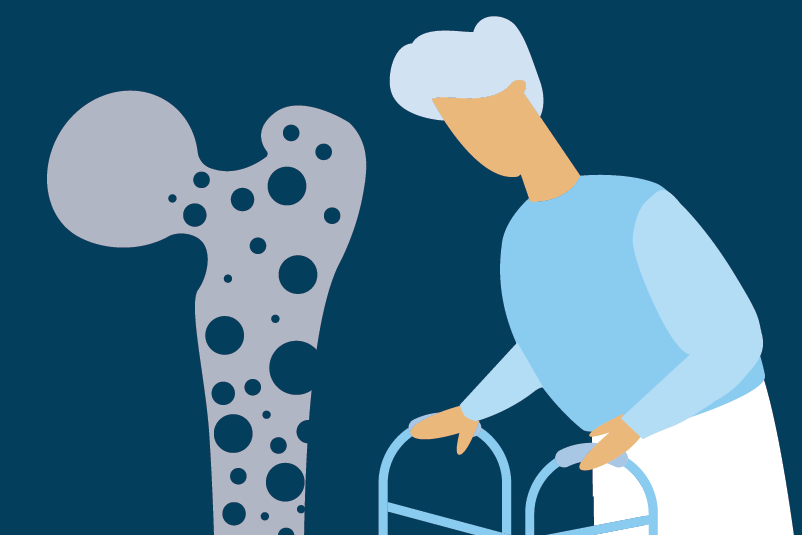#304 Budesonide Bests COVID-19 (Update)

Reading Tools for Practice Article can earn you MainPro+ Credits
Join NowAlready a CFPCLearn Member? Log in
- Results statistically significant unless otherwise noted.
- Most recent and largest meta-analysis:1 compared budesonide, ciclesonide or fluticasone furoate versus placebo or usual care. Among outpatients [6 randomized, controlled trials (RCTs), 4202 patients]:
- Symptom relief at 7 days: no difference.
- Symptom relief at 14 days: 57% versus 50% (PEER calculation), number needed to treat (NNT)=16.
- Urgent care, emergency department visit, hospitalization: not different.
- Adverse effects: not different.
- Limitation: not stratified by lower/higher risk patients or vaccination status.
- Largest RCTs
- Early pandemic (Nov 2020-March 2021): 1856 symptomatic COVID-19 positive patients aged ≥65, or ≥50 with co-morbidities comparing budesonide 800ug inhaled BID x14 days or usual care.2
- Mean age 64, ~80% had comorbidities (most common: hypertension and diabetes), symptom onset 6 days prior, 12% had ≥2 vaccine doses.
- First recovery day: ~12 days budesonide versus ~15 days usual care, difference ~3 days.
- Hospital admission or death: 6.8% budesonide versus 8.8% (not statistically difference).
- Other outcomes improved with budesonide:
- Percent recovered by 14 days: 32% versus 22% (NNT=10), contact with health services: 54% versus 59% (NNT=18).
- Later in the pandemic (Aug 2021-Feb 2022): 1407 symptomatic COVID-19 positive patients comparing fluticasone furoate 200mcg daily for 14 days or placebo.3
- Median age 45 years, 65% had ≥2 vaccine doses; symptom onset 5 days prior.
- Time to recovery: no different.
- Mean days unwell: ~11days in both group (no difference).
- Hospitalization, urgent-care visit, emergency room visit or death: 3.7% fluticasone versus 2.1% placebo.
- Early pandemic (Nov 2020-March 2021): 1856 symptomatic COVID-19 positive patients aged ≥65, or ≥50 with co-morbidities comparing budesonide 800ug inhaled BID x14 days or usual care.2
- Primary differences between main RCTs:
- First RCT:2 early pandemic, 12% vaccinated, older patients, high-dose inhaled steroids and open-label.
- Second RCT:3 later in pandemic, 65% vaccinated, younger, low-dose inhaled steroids and blinded.
- Limitations: Open label,2 no placebo arm,2 adverse effects poorly reported.2
- Systemic steroids reduce mortality in hospitalized patients with COVID-19.
- Greatest benefit in mechanically ventilated patients and no benefit in hospitalized not requiring oxygen.4
- Guidelines for management of COVID-19 outpatients variable: recommend against inhaled corticosteroids,5 include as potential option,6,7 or do not mention.8
- Cost per month: Budesonide 800ug BID: ~$75, fluticasone furoate 200mcg daily: ~$100.9







Great validation with stats to consider applications
good summary
thanks
Budesonide certainly appears to be beneficial
Budesonide 400Yg inhaler will be used